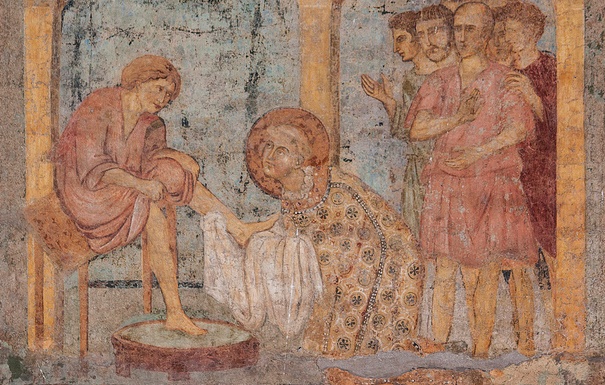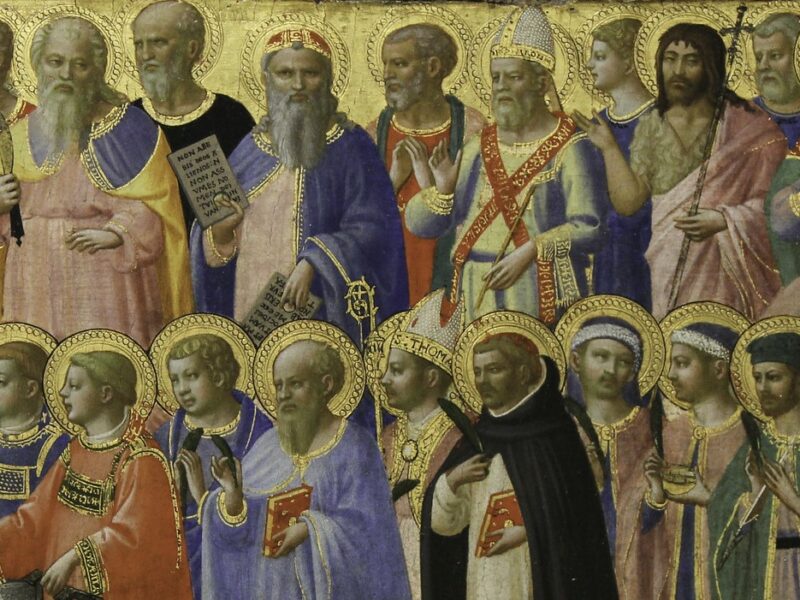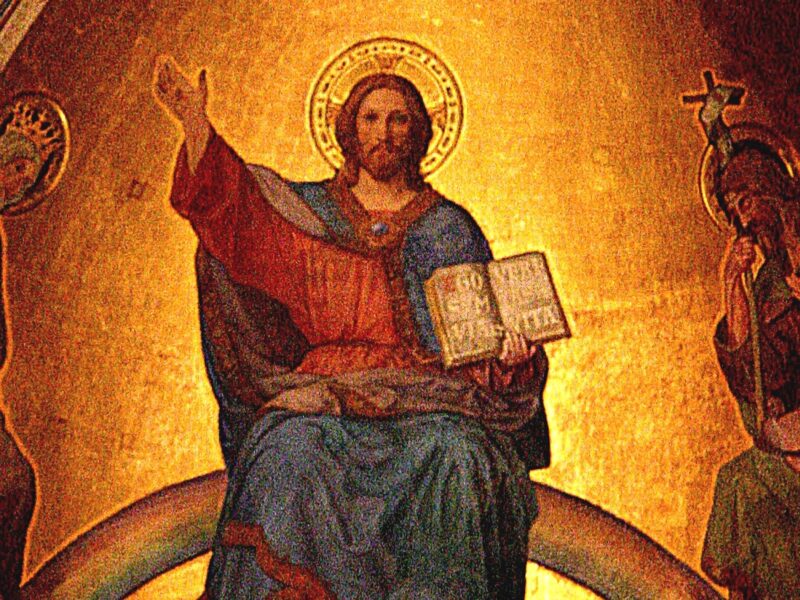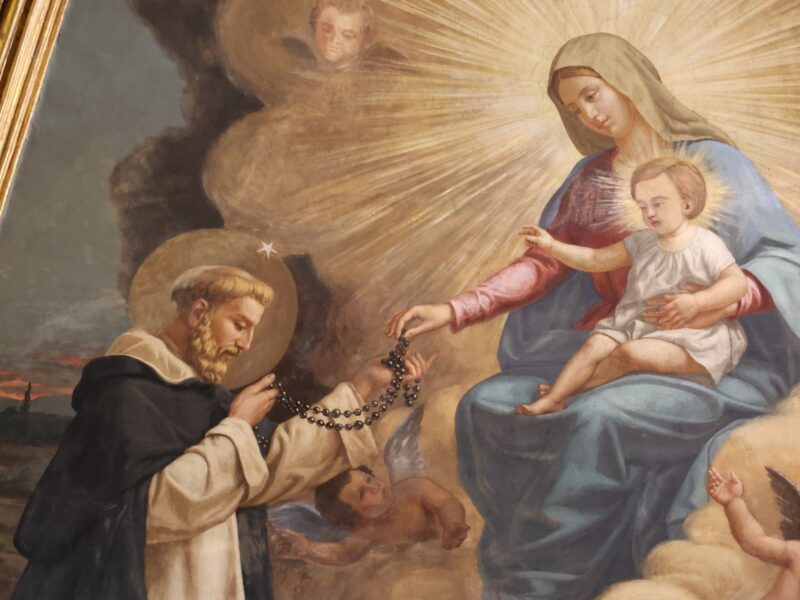
As I Have Loved You
Holy Thursday. Fr Dominic Ryan explains how our nature is healed and raised up by participating in the death and resurrection of Jesus Christ.
It’s not easy to pick out one or two key events that sum up our lives. Probably what makes it difficult is that we don’t pursue the same goal throughout our lives. Unlike us, though, Christ remained focused on one goal from the beginning of his earthly life until its end. And as a result it’s possible- even easy, to identify one or two key events that summed up Christ’s life.
Now Christ’s goal was to bring salvation to us. So it shouldn’t surprise us that the events that best sum up Christ’s life are those that contribute most to fulfilling this goal. And they’re spelt out for us in St. John’s gospel: the institution of the Eucharist, and the mandatum, that is, the command to live in a way fitting for Christ’s disciples.
But to understand this we need to recall that when Christ saves us he doesn’t just return us to the state we were in before sin. On the contrary, he elevates our human natures so that we conformed to God and can aspire to the vision of God as to our end. Yet in order for this to happen we have to change; human beings cannot move from a state of sin to a state of grace unless they genuinely change. Take an example. A human being in a state of sin is like a glass half full of water. A human being in a state of grace on the other hand, is like the same glass but overflowing with water. And just as whether a glass is half-full or overflowing makes a big difference to the glass, so to whether a human being is in a state of sin or grace, makes a big difference to a human being. And similarly, changing from one state to the other requires that something actually happen: in the case of the glass, that water be poured into it and in the case of the human being, that he or she be elevated by grace.
Applied to the events which best sum up Christ’s life then, we can see that if our salvation consists in being elevated by grace and such elevation brings about a real change on our part, then the events which best sum up Christ’s life will be those that make that happen- the Eucharist and the mandatum. This isn’t to say that Christ’s death and resurrection aren’t also indispensable to our salvation. Rather the point is that if the fruits of those events aren’t applied to us directly, and that if once they’ve been applied to us, we don’t know how to remain with them, then we won’t benefit from them. Hence the Eucharist and the mandatum then, are the means through which the benefits of Christ’s death and resurrection are applied to us and how once applied to us, we remain rooted in those events.
So how does it work? Well, if Christ instituted the Eucharist so that the sacrifice of the cross would be made present and its benefits be shared with those who partook of his sacrifice, then the one who sacrificed himself, Christ, must be truly and really present in the Eucharist and so in receiving it we’re conformed to Christ and our natures are elevated.
What about the mandatum, though? Well, having been nourished through the Eucharist and having recognised that our natures have been elevated, the obvious question is what happens next. Clearly, we don’t want to fall back into the state we were in previously. Nor would it make sense for God to have so extravagantly lavished his generosity upon us that no consequence at all followed for our discipleship.
Therefore, what we need to do is look to the one who elevated our natures in the first place- Jesus Christ. And when we do that, we’re told that the washing of the feet is an example which we ought to follow. This doesn’t mean that in every case we should go around washing people’s feet. Rather the point is that having been given the ability to act as Christ does, the consequences of that elevation should be visible to others. If this happens, other people will see what difference the elevation of our natures through grace makes to human life so that they in turn will be drawn to Christ.
Of course how exactly we do this will differ for all of us; that we ought to do it, is common to all of us. So on Holy Thursday, as throughout the rest of the Triduum, let us thank God for sharing these riches with us and let us seek to imitate the example of Christ in an ever better way.
Readings: Exodus 12:1-8,11-14 | 1 Corninthians 11:23-26 | John 13:1-15
Torch is a free service and available to all. Each homily requires thought and research, and takes up to half a day to write. Could you help support the Dominican Friars who give their time in this way? A gift of £25 – £50 would greatly help to cover the day-to-day costs of the brothers.
If you would like to help, you can donate online now.
You can make a single one-off gift, or set up regular giving.
Sorry, the comment form is closed at this time.



A Website Visitor
Thank you Father Dominic God Bless You
A Website Visitor
To Father Dominic I would like to say Horas from Sumatra. Thank you so muck for your reflection. It’s very helpful for me.
A Website Visitor
THank you Fr. Richard for sharing the riches of The Gospel with us. Holy Thursday is made more meaningful. Bless you for your insight and for making if real to me. Vacare Deo Peggy Shanahan